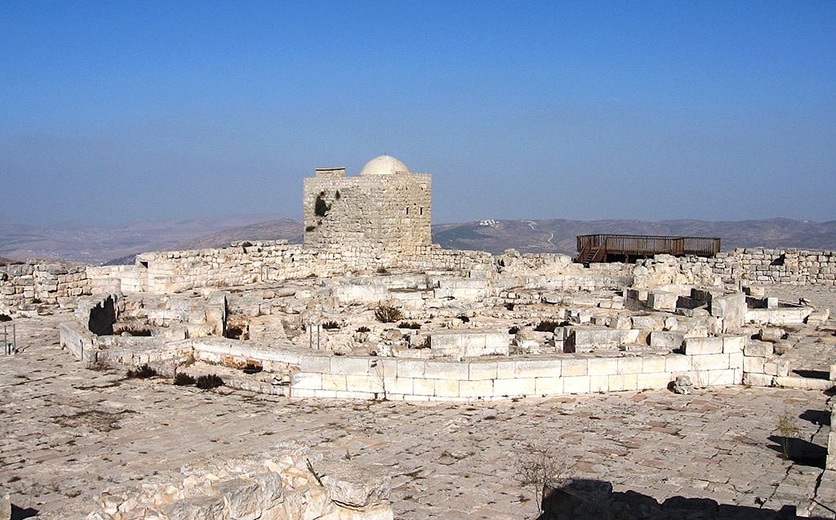A fermenting agent (like yeast), which in biblical times was normally added to a batch of bread dough by using an unbaked portion of dough from the previous batch. However, the custom of nomads was to eat unleavened bread, and evidence of this is found in the OT (Gen 19:3; Judg 6:19; 1Sam 28:24). The Festival of Unleavened Bread owes its name to the fact that all leaven was avoided during its seven days (Exod 12:15) as a memorial of what had happened at the exodus (Exod 13:7-8). Leavened bread was also prohibited in sacrifices that went on the altar (Lev 2:4). Leaven was viewed as causing decay and so became a symbol of evil and the corruption of human nature. This idea is reflected in the NT in Jesus’s sayings about the leaven of Pharisees, Sadducees, and Herod (Mark 8:15) and in Paul’s attack on Corinthian laxity and Galatian circumcising (1Cor 5:6-8, Gal 5:9). But the positive concept of leaven as a powerful life force also appears in Jesus’s parable of the growth of the kingdom (Matt 13:33; Luke 13:20-21).




